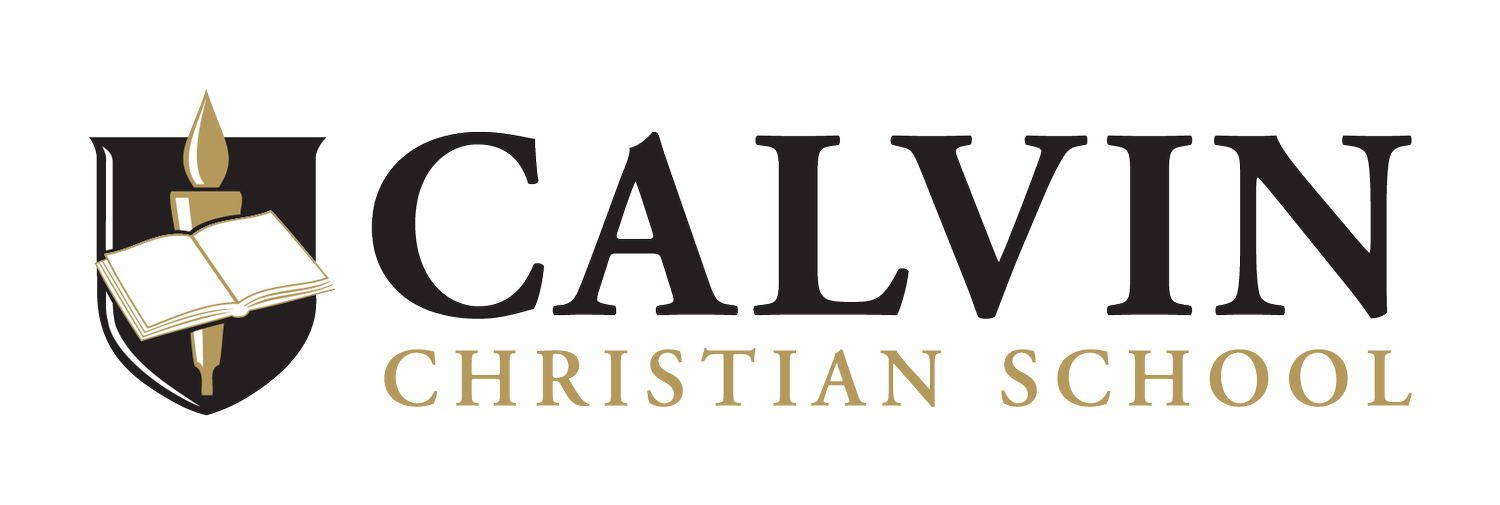Several decades ago, well before the advent of internet-based learning models like SEQTA, I enrolled in a ‘distance learning’ course.
All of the materials were mailed to my home and I endeavoured to work through the modules on my own. The course was well outside of my area of expertise and the content was very technical in nature. As I read chapter upon chapter of information, I found myself wondering whether the content was even of interest to me. Unable to chat with classmates about the learning or clarify the tasks with the teacher, I lost motivation and unenrolled from the course.
Last week, the Year 10 students from Calvin, Emmanuel and other local schools participated in our annual Senior Subject Selection Expo. It was wonderful to see many of our current Year 11 and 12 students joining in the event, sharing their experiences with Year 10 students and interacting with current teachers and classmates. The Library was transformed into an exhibition space as course information was displayed and students engaged with teachers in rich conversations about subjects, pathways and options for study in 2024 and beyond.
In observing these interactions, I was reminded of the social nature of learning. Most of the information needed by students is available in the Subject Selection Handbook - just as most of the information I needed for my online course had been provided in the textbook and handouts. But it will be the conversations and interactions between students and their teachers, classmates and parents that will help our Year 10 students determine their pathways for Year 11 and beyond.
“At Calvin, we aim to construct active learning communities ...”
On the whole, people learn most effectively in social contexts where they are able to interact and learn from each other. The work of Vygotsky (1978) has demonstrated the key role of the social environment in the learning process. As teachers at Calvin, we aim to construct active learning communities where the classrooms are engaging, interactive and social environments. Calvin has often been praised for having a positive community spirit and we hope that this is felt within classrooms as it is within the staff room and at events such as the Oliebollen Festival.
As our Year 10 students make decisions about subjects and options for Year 11 and beyond, I hope they consider the community context of their study as much as the content of the courses they choose. Some questions they may want to ask themselves are:
· What type of learning environment works well for me?
· Do I work best in smaller classes?
· Do I need to be held to account for my learning?
· How can I be involved in leadership opportunities in my senior years?
· How do I see my faith being challenged and enriched in my study environment?
Mrs Carly Brouwer is always available to discuss subject selection – and I know that she will encourage students to set goals, consider their strengths and interests, meet the requirements and ensure that the subjects they choose are in the “goldilocks zone” – not too easy, not too hard. But she will also challenge them to think about the broader context of their studies. With small class sizes, strong pastoral care, leadership opportunities and a close Christian community, I believe Calvin has a lot to offer our students in Years 11 and 12.
Bonita Moroni - Head of Secondary




